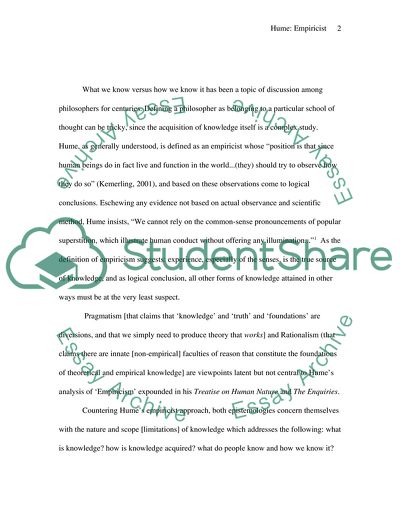Cite this document
(“: Hume is regarded as an empiricist; but he should be seen as Essay”, n.d.)
: Hume is regarded as an empiricist; but he should be seen as Essay. Retrieved from https://studentshare.org/miscellaneous/1561697-hume-is-regarded-as-an-empiricist-but-he-should-be-seen-as-empiricisms-greatest-critic-discuss
: Hume is regarded as an empiricist; but he should be seen as Essay. Retrieved from https://studentshare.org/miscellaneous/1561697-hume-is-regarded-as-an-empiricist-but-he-should-be-seen-as-empiricisms-greatest-critic-discuss
(: Hume Is Regarded As an Empiricist; But He Should Be Seen As Essay)
: Hume Is Regarded As an Empiricist; But He Should Be Seen As Essay. https://studentshare.org/miscellaneous/1561697-hume-is-regarded-as-an-empiricist-but-he-should-be-seen-as-empiricisms-greatest-critic-discuss.
: Hume Is Regarded As an Empiricist; But He Should Be Seen As Essay. https://studentshare.org/miscellaneous/1561697-hume-is-regarded-as-an-empiricist-but-he-should-be-seen-as-empiricisms-greatest-critic-discuss.
“: Hume Is Regarded As an Empiricist; But He Should Be Seen As Essay”, n.d. https://studentshare.org/miscellaneous/1561697-hume-is-regarded-as-an-empiricist-but-he-should-be-seen-as-empiricisms-greatest-critic-discuss.


